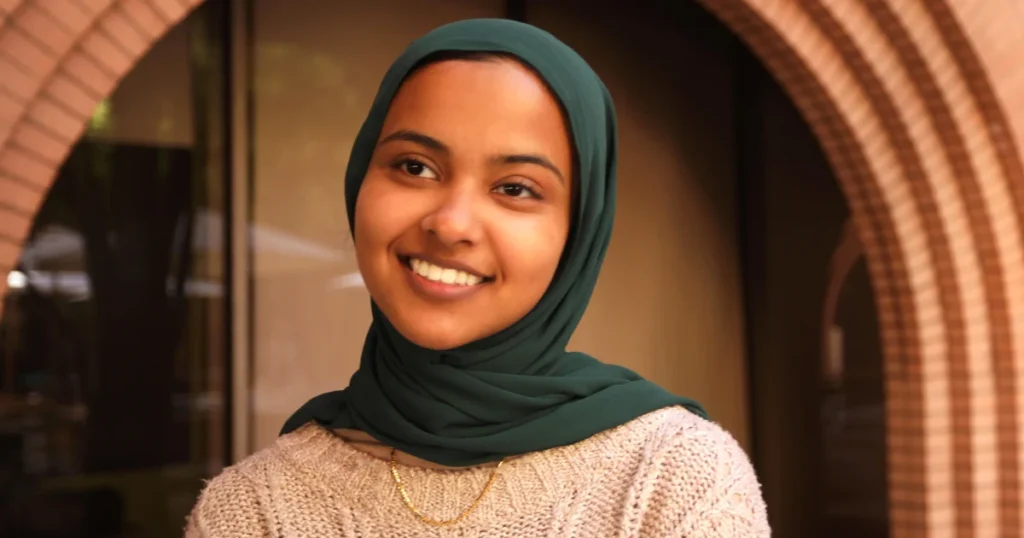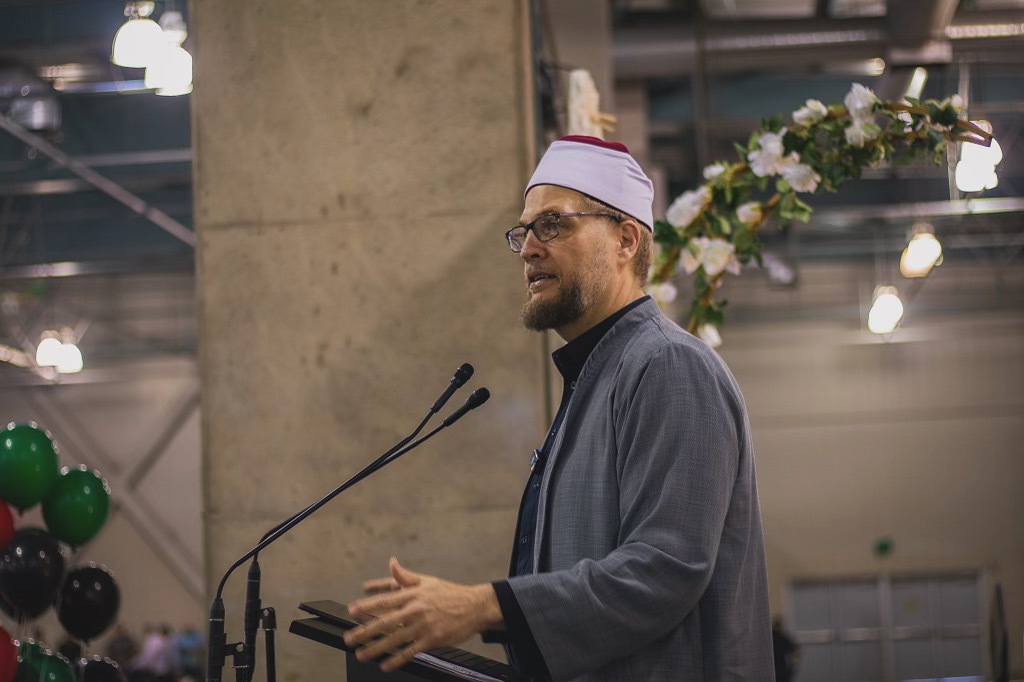The Prophet’s ﷺ Family Dr. Said Mamduh

The Noble Prophetic Household:
1- The greatest household after the household of the Messenger of Allah, peace and blessings be upon him and his family, is the household of the Cloak, whom Allah has purified and cleansed thoroughly.
Ali ibn Abi Talib is the gate to the city of knowledge, the valiant lion who disperses battalions, who fought for the interpretation just as he fought for the revelation. His love is faith, and his hatred is hypocrisy. His soul is tied to soul of the Messenger of Allah, peace and blessings be upon him and his family. His wife is Fatimah, the noble pure one, and their sons are the masters of the youth of Paradise, Hasan and Husayn, peace and blessings be upon them, in the number of His creations, the pleasure of His self, the weight of His throne, and the ink of His words.
In my view, the Mother of the Believers, Khadijah, peace be upon her, belongs to this esteemed household.
2- The Hadith of Thaqalayn, which is mutawatir (transmitted through numerous chains), indicates that they will never separate from the Noble Qur’an, which is the second weighty thing. This is a perpetual matter, continuing from one generation to the next, one era to another, an essential and true news, and Allah Almighty has not commanded us to adhere to nonexistence.
3- The members of the Household, peace be upon them, are of varying ranks: among them is the mujtahid imam (who is also of varying ranks), the knowledgeable scholar, and the common person. The consensus of the first type is a binding legal proof and does not separate from the Noble Qur’an. Thus, the agreement of the mujtahids of the household, peace be upon them, is a binding proof, and each imam individually is a part of the proof, and their collective consensus is the complete proof.
4- The mujtahids of the Ahl Bait are divided into three categories: the highest is the complete, standing, and calling imam, who commands and forbids like Zayd, the Pure Soul, Husayn al-Fakhi, al-Hadi, al-Atrosh, and others. Next are the imams who call for the pleasure of the family of Muhammad; they are callers who command good and forbid evil and did not call for themselves. Some of them were in the second rank and then later called for themselves. The third category is the moderate imam, who is a scholar and a righteous person, moderate and concise.
May Allah’s peace and blessings be upon all of them.









